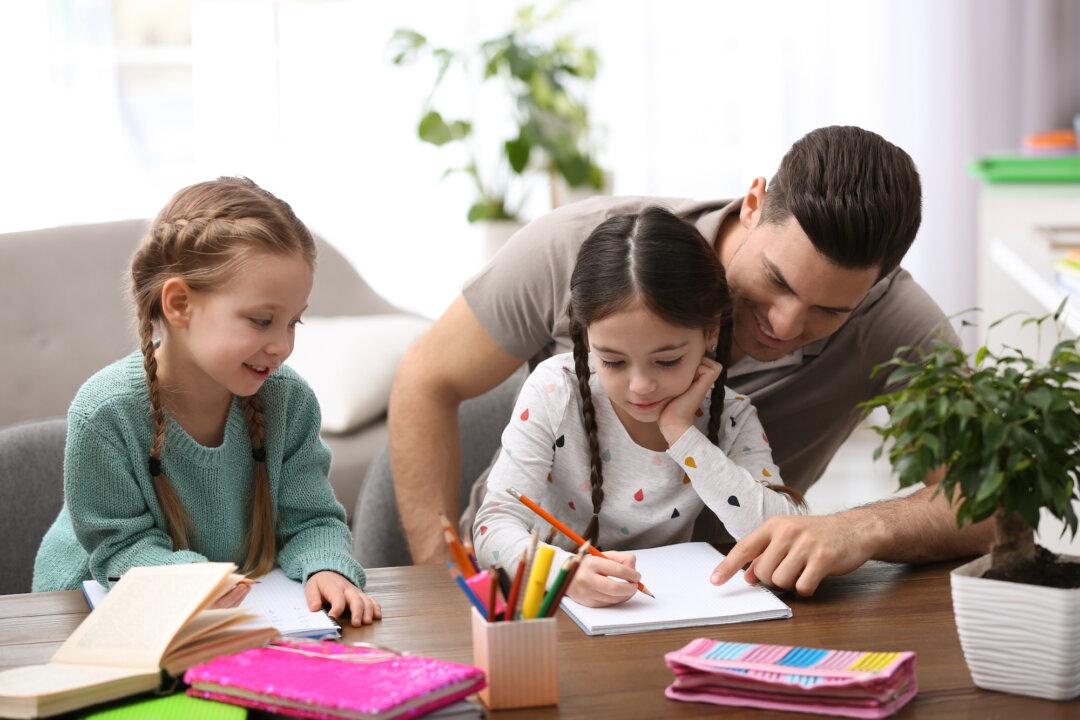Commentary
Harvard professor Robert Putman, author of the groundbreaking sociological book “Bowling Alone,” said if he was given a choice between a 10 percent increase in school budgets or a 10 percent increase in parental involvement, he would choose the parental involvement.





